The real estate market in Mumbai has shown a notable increase in rental registrations in the first half of 2024, as reported by the Maharashtra Inspector General of Registration (IGR). According to the data, 1.90 lakh rental agreements, also known as leave and license agreements, were registered from January to June 2024. This marks a 13% increase compared to the 1.67 lakh agreements registered during the same period in 2023. The surge is evident across all segments, including residential, commercial, and retail properties.
Historical Context and Growth
Looking back, the trend in rental registrations has been upward. In 2022, Mumbai saw the registration of 3.06 lakh rental agreements. This number increased to 3.33 lakh in 2023. As of July 18, 2024, approximately 2.09 lakh rental agreements have already been registered, indicating that the momentum is likely to continue through the rest of the year.
The consistent growth in rental registrations over the past few years underscores the dynamic nature of Mumbai's real estate market. The increase in rental agreements is not merely a statistical occurrence but reflects deeper structural and economic changes within the city. Factors such as urbanization, migration, and redevelopment projects play significant roles in shaping the rental landscape.
Factors Driving the Increase
Several factors contribute to the rise in rental registrations. One significant factor is the redevelopment of old buildings, particularly in South Mumbai. Pramod Vyas, President of the South MetroCity Association of Realtors (SMART), pointed out that many small, outdated buildings are being redeveloped, which leads to a higher demand for rental properties in these areas. The redevelopment process often displaces current residents, who then seek rental accommodations nearby.
The residential segment has seen substantial growth due to the redevelopment of old structures. In addition to residential properties, there has also been an uptick in commercial leasing in South Mumbai, contributing to the overall increase in rental agreements.
Redevelopment projects are crucial in revitalizing urban areas, making them more livable and attractive. These projects not only enhance the quality of infrastructure but also increase the supply of modern housing units. As older buildings are torn down and new ones are constructed, the influx of new properties creates a temporary imbalance in supply and demand, driving up rental registrations as people seek temporary accommodation during construction phases.
Regional Variations and Market Dynamics
The demand for rental properties is not uniform across all areas of Mumbai. In regions like Borivali to Malad, the redevelopment of old buildings has reached a saturation point. There was a significant rush in 2022 and 2023, creating high demand for rental apartments during those years. However, in 2024, this demand has stabilized, leading to a cooling off in rental rates.
The regional variations in rental demand highlight the diverse nature of Mumbai's real estate market. While some areas experience saturation and stabilization, others continue to see growth and increasing demand. This diversity is influenced by various factors, including the pace of redevelopment projects, the availability of new housing units, and the economic activities within different regions.
Challenges and Opportunities
While the increase in rental registrations indicates a healthy demand for rental properties, it also brings forth several challenges and opportunities. The primary challenge lies in ensuring that the supply of rental properties keeps pace with the demand, particularly in areas undergoing extensive redevelopment. The temporary displacement of residents during redevelopment projects necessitates the availability of adequate rental accommodations to prevent housing shortages.
Moreover, the rental market needs to adapt to changing preferences and lifestyles. The growing trend of remote work and flexible working arrangements has influenced rental demand, with tenants seeking properties that offer better amenities, connectivity, and quality of life. Real estate developers and landlords need to align their offerings with these evolving preferences to attract and retain tenants.
On the flip side, the increase in rental registrations presents opportunities for investors and property developers. The robust demand for rental properties, driven by redevelopment projects and urbanization, creates a favorable environment for investment in rental housing. Developers can capitalize on this demand by constructing modern, well-equipped rental properties that cater to the needs of urban dwellers.
Future Outlook
The future of Mumbai's rental market is poised for further evolution. The completion of numerous redevelopment projects by 2025-26 is expected to balance rental demand and supply. Many rental agreements signed in 2022 and 2023 were for three-year terms, which means these properties will re-enter the market around mid to late 2025, potentially increasing the supply of rental properties.
Experts suggest that while the immediate future may see an adjustment period as these properties come back on the market, the long-term outlook depends on the pace of redevelopment projects and the overall economic environment. The demand for rental properties will likely remain robust if redevelopment continues at its current pace, and commercial activities expand.
Furthermore, the economic policies and urban planning initiatives undertaken by the government will play a crucial role in shaping the future of the rental market. Initiatives aimed at improving infrastructure, promoting affordable housing, and enhancing connectivity within the city can significantly impact rental demand and supply dynamics.
Conclusion
Mumbai's real estate market is experiencing a dynamic phase, with rental registrations showing significant growth. The increase in rental agreements highlights the impact of redevelopment projects and the corresponding demand for rental properties. As old buildings make way for new developments, the city's rental market continues to evolve, presenting both challenges and opportunities for property owners, tenants, and real estate consultants alike. The data from the Maharashtra IGR provides a comprehensive snapshot of the current trends and future potential in Mumbai's vibrant real estate sector.
Image source- Pinterest

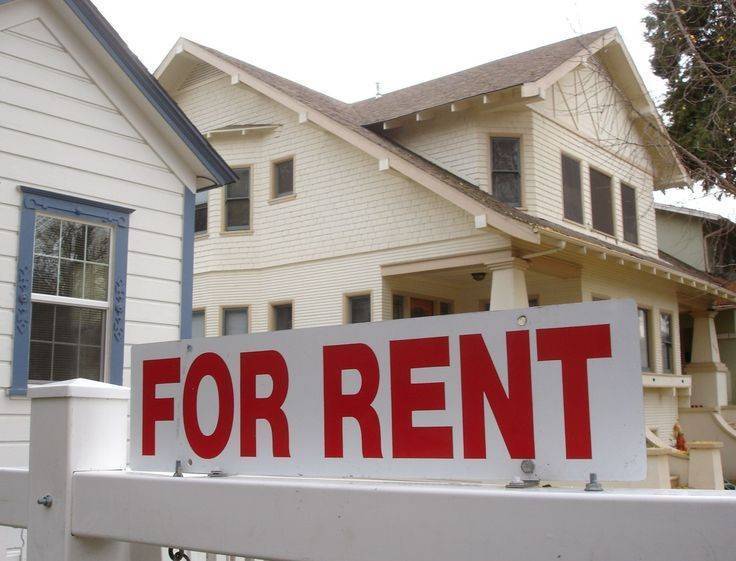
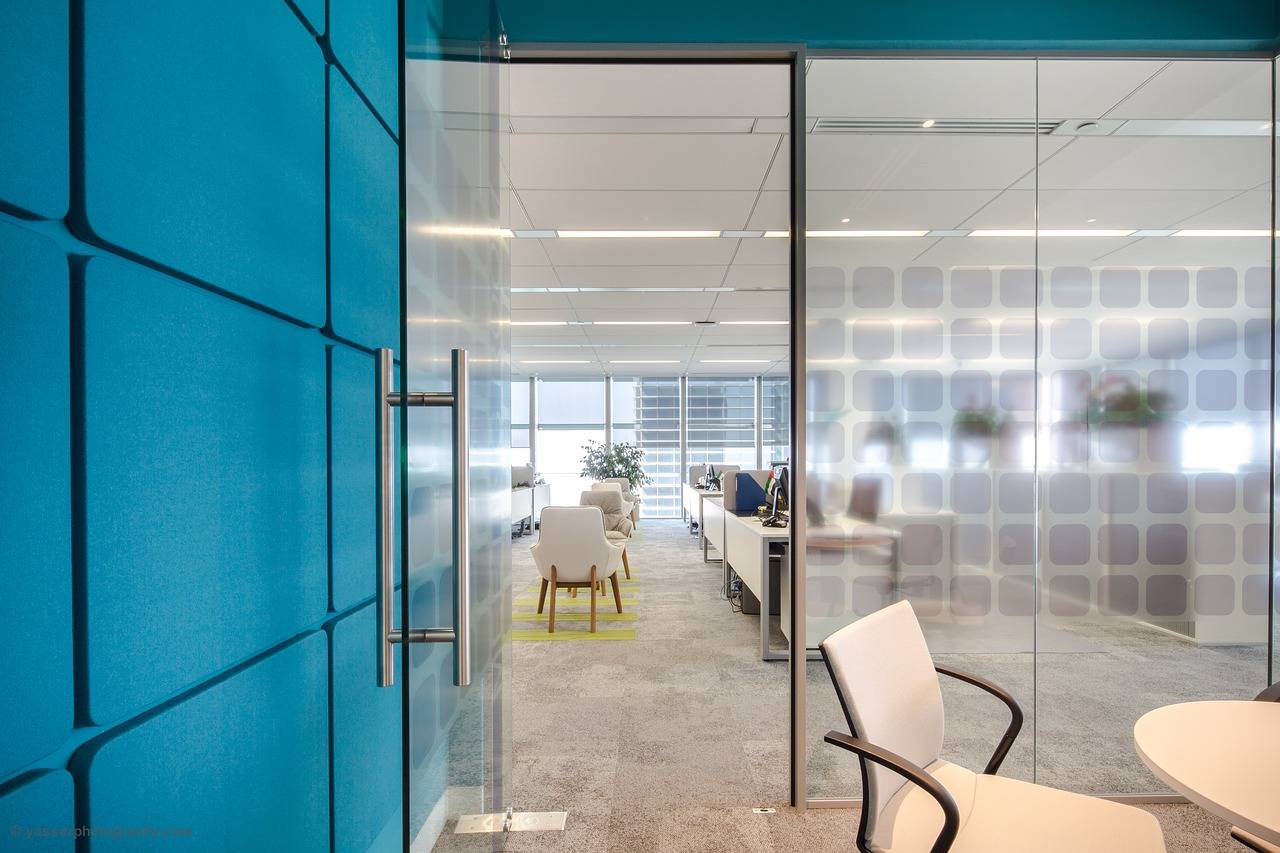
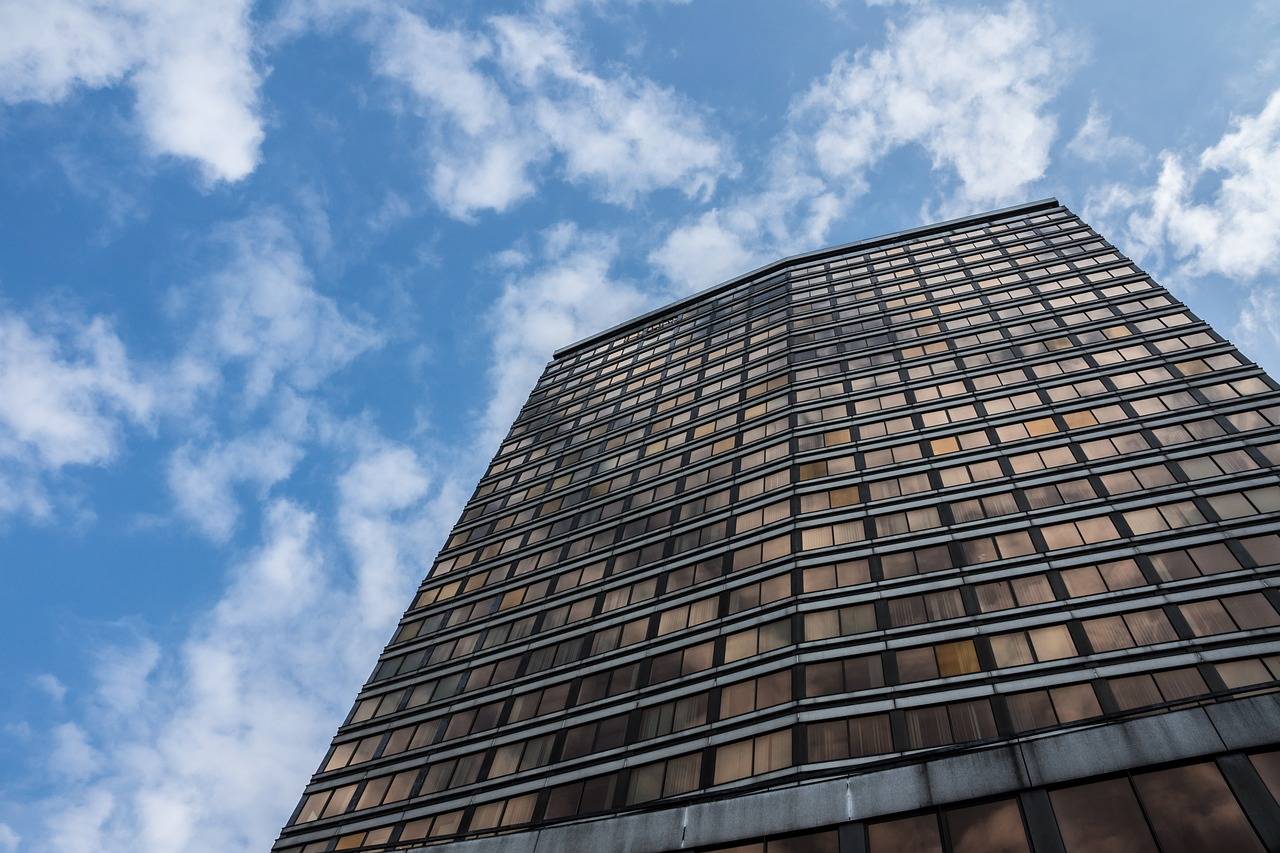


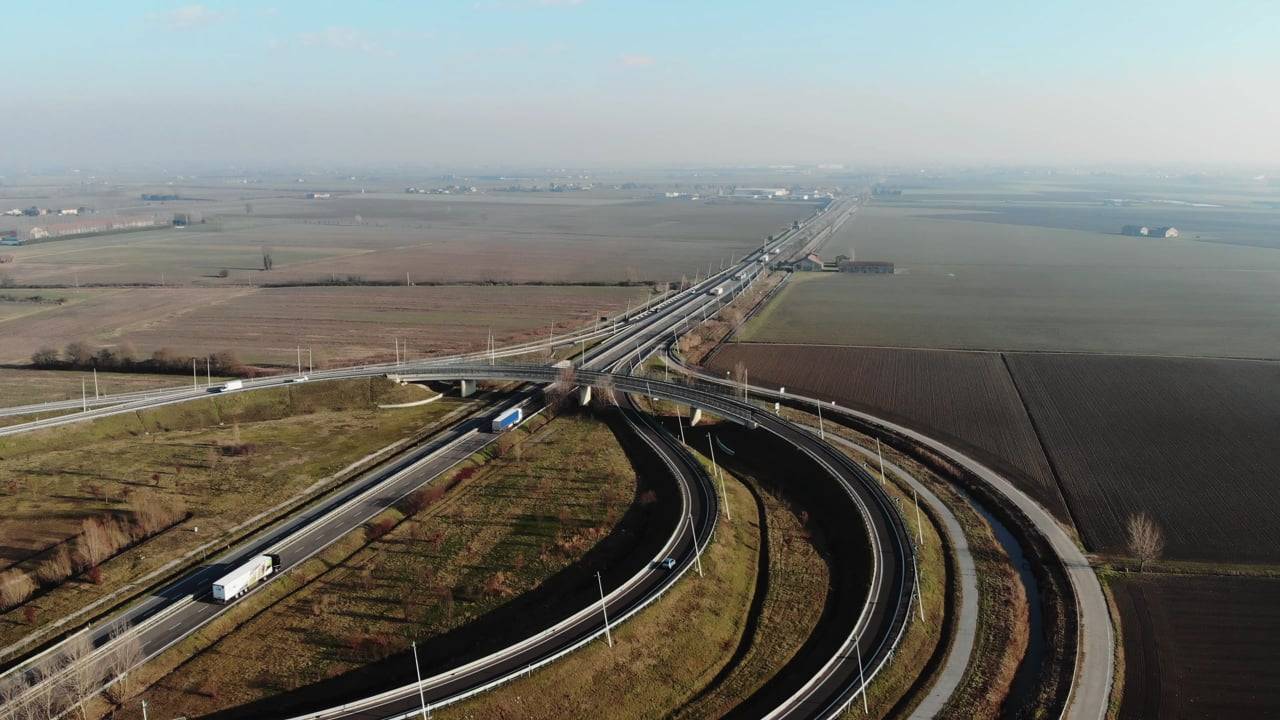
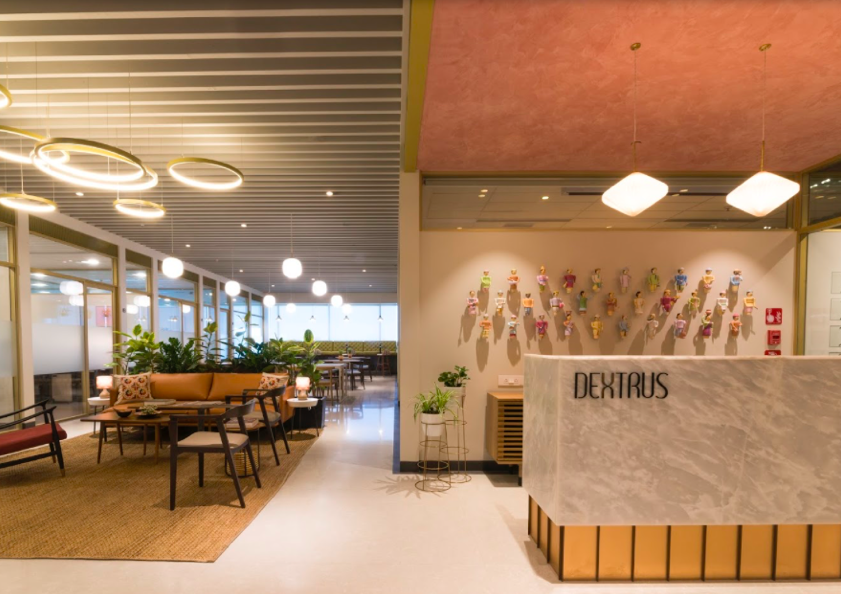
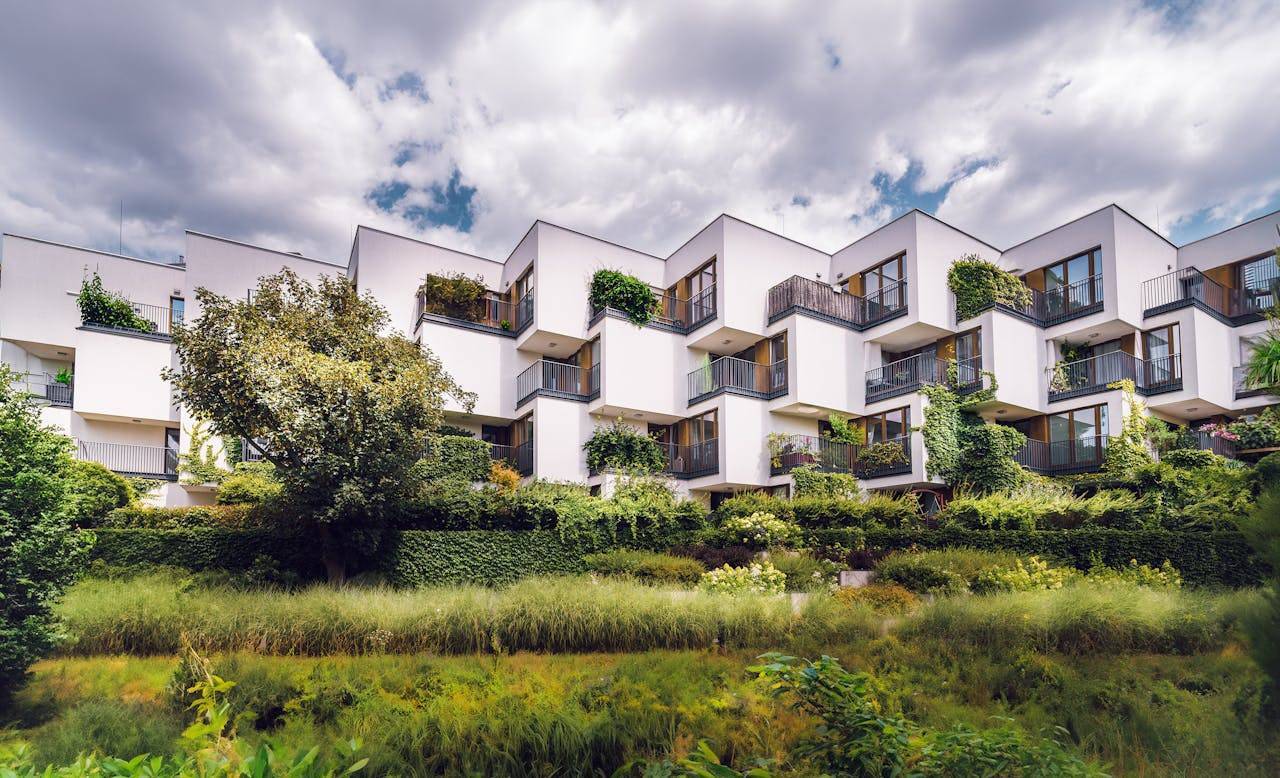
.png)